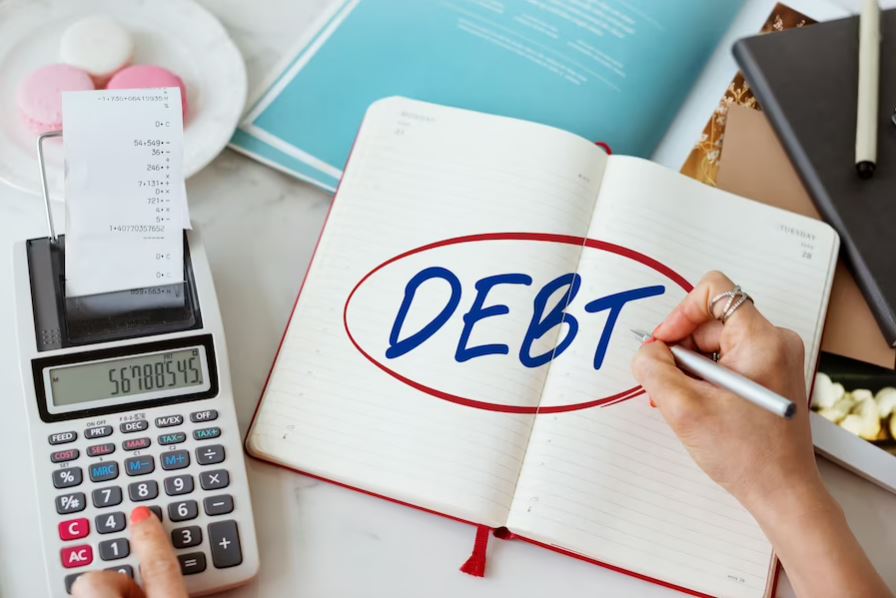Common Cryptocurrency Tax Myths

Cryptocurrency is gaining momentum in Australia, and it is fast becoming entrenched in the Australian economy as more and more Australians look to invest or trade in crypto. While there are many benefits to using cryptocurrency, it is crucial to be aware of the tax implications.
Cryptocurrency taxation can be complex, and there is often a genuine lack of understanding among investors regarding the tax implications. But we are here to set the record straight and bust some of the most common cryptocurrency tax myths! We will also provide tips on staying compliant with your cryptocurrency tax obligations.
Myth # 1 – Cryptocurrency is a currency
The ATO has clarified that cryptocurrency is neither money nor a foreign currency and is considered a digital asset for tax purposes. If you buy cryptocurrency as an investment, you will likely need to pay capital gains tax (CGT) when you sell it.
There are some circumstances where cryptocurrency would be assessed as ordinary income rather than CGT, which are:
- If you are a business that uses or receives cryptocurrency as a payment method for goods or services
- If you are actively trading to make a profit rather than hold for investment purposes
Determining whether crypto is subject to CGT or ordinary income can be complex, and it is based on factors specific to the taxpayers’ circumstances. You should seek professional advice from your accountant or tax advisor to determine your particular circumstances.
Myth # 2 – I won’t need to pay tax if I exchange one cryptocurrency for another
There is a common misconception that there is no tax liability on cryptocurrency unless it is exchanged for fiat currency such as Australian dollars.
When you exchange one cryptocurrency for another, for example, you were to purchase Ethereum with Bitcoin, you are deemed to have disposed of the Bitcoin asset triggering a tax event. If you have made a gain from the disposal, it will generally be taxed as either CGT or ordinary income.
Myth # 3 – Gains from cryptocurrency are tax-free if the cost of purchase is under $10,000
Many crypto investors believe that any gains from the sale of cryptocurrency are tax-free if the purchase cost is under $10,000. Again, this is not true!
Regardless of whether a purchase was under $10,000, cryptocurrency used for trading or investing is subject to tax. However, there are limited circumstances where cryptocurrency is deemed for personal use or consumption and is tax-free for purchases under $10,000. In the ATO’s view, cryptocurrency is only considered for personal use when the crypto is only held for a short period and is used to purchase everyday items, for example, food, clothing or petrol. The longer the cryptocurrency is held before being used to purchase personal use items, the more unlikely it is that it would be deemed a personal use asset for tax purposes and would therefore be subject to tax.
Myth # 4 Cryptocurrency cannot be used in a Self Managed super fund
This is another common misconception! The ATO does not prohibit self-managed superannuation funds (SMSFs) from investing in cryptocurrency. While cryptocurrency is a high-risk investment, it can be used in a Self-Managed Super Fund (SMSF) if permitted under the fund’s trust deed. The SMSF trustee must ensure that the investment is appropriate for the fund, aligns with the investment strategy and complies with regulatory requirements. However, you should seek professional advice before doing so, as there are several rules that SMSFs need to follow when investing in cryptocurrency. Speak to your accountant or SMSF advisor to learn more about the rules around using cryptocurrency in an SMSF.
Myth # 5 Cryptocurrency is anonymous
A common belief is that cryptocurrency is entirely anonymous, and the ATO will never be able to track your transactions. However, this is not the case!
The ATO utilises a cryptocurrency data-matching program that allows the data collection of transactions and account information relating to cryptocurrency from designated service providers. This data enables the ATO to identify those purchasing and selling cryptocurrency and cross-reference the transactions against ATO records. If you are trading in cryptocurrency, the ATO may be aware of your transactions and will likely seek to tax any gains made. If you are not declaring your cryptocurrency transactions, you could be subject to an audit and face harsh penalties.
Tips for staying compliant with your cryptocurrency taxes
- Keep accurate records of your cryptocurrency transactions. Records should include the date of the transaction, the amount in Australian dollars and the type of cryptocurrency involved, the purpose of the marketing, and any other costs or fees associated with it.
- Seek professional advice to ensure you declare your cryptocurrency transactions correctly and comply with Australian tax laws.
- Utilise a platform, for example, CoinTracker or Cointracking, which automatically tracks all your cryptocurrency transactions and provides an overview of your gains and losses.
So, there you have it! These are some of the most common cryptocurrency tax myths busted. Bear in mind that this blog is general information only and does not constitute specific tax advice – if you’re ever unsure about your tax obligations, speak to a qualified accountant or tax advisor to discuss your particular circumstances.
Are you ready
to get your time
back?
Yes! Accario will help you
focus on your business
More smarts, more efficiencies,
with more benefits.







